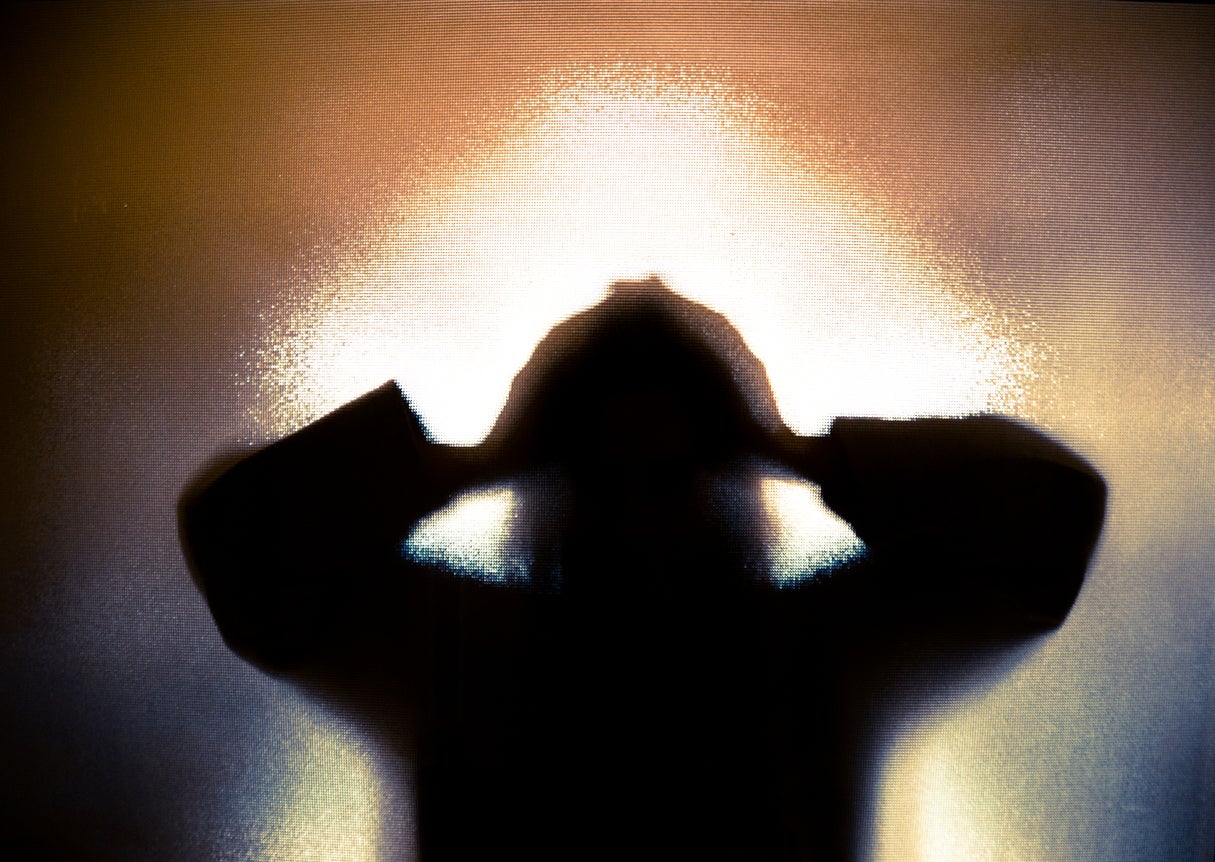‘They are held against their will’: Women rescued from ‘baby-making’ factory in Nigeria
Women detained, raped and forced to carry pregnancies before their children are sold on the black market ‘to profit their exploiters’

Your support helps us to tell the story
From reproductive rights to climate change to Big Tech, The Independent is on the ground when the story is developing. Whether it's investigating the financials of Elon Musk's pro-Trump PAC or producing our latest documentary, 'The A Word', which shines a light on the American women fighting for reproductive rights, we know how important it is to parse out the facts from the messaging.
At such a critical moment in US history, we need reporters on the ground. Your donation allows us to keep sending journalists to speak to both sides of the story.
The Independent is trusted by Americans across the entire political spectrum. And unlike many other quality news outlets, we choose not to lock Americans out of our reporting and analysis with paywalls. We believe quality journalism should be available to everyone, paid for by those who can afford it.
Your support makes all the difference.Police have rescued six women and four children from a “baby-making” factory in Nigeria.
Officers freed 10 victims who were trapped after raiding the unlawful premises in the Mowe area of Ogun, a state in southwestern Nigeria, on Tuesday.
“Acting on a tip-off, our men stormed the illegal maternity home and rescued 10 people, including four kids and six women, four of whom are pregnant,” Abimbola Oyeyemi, a spokesperson for the police, told the news agency AFP.
The women told police they had been forcibly detained and raped before their newborn children were illegally sold on the black market.
Children born in so-called baby factories are typically put up for adoption, forced into child labour, trafficked into sex work, or even killed as part of rituals.
One of the enslaved women told reporters newborn boys were sold for 250,000 Nigerian naira (£491) and girls are sold for 200,000 naira (£393).
While police arrested two individuals at the site, they are still on the hunt for the main operator, who is on the run from the authorities.
Tsitsi Matekaire, the global lead on sex trafficking at Equality Now, a non-government organisation which promotes the rights of women and girls, told The Independent so-called baby factories have been operating in Nigeria for many years.
The campaigner added: “As far back as 2006, UNESCO reported the first cases. This phenomenon is prevalent in many parts of Nigeria and has been previously reported in the states of Abia, Lagos and Ebonyi.
“The ‘baby factories’ are often disguised as orphanages, maternity homes, or religious centres, and involve large networks of operators. There is no doubt that this is a form of sexual exploitation and abuse.
“The victims are extremely vulnerable women and girls, who are trafficked or coerced to these places. They are held against their will, raped, forced to carry pregnancies and then have their babies sold to profit their exploiters.”
She said Equality Now and local women’s organisations in Nigeria flagged this issue to the government and the African Union Committee on the Rights and Welfare of Children back in 2019.
“It is extremely worrying that the exploitation and abuse continues today,” Ms Matekaire added. “We urge the Nigerian government to prioritise the implementation of child protection, human trafficking and sexual abuse laws as a matter of urgency so that perpetrators can be held to account for these gross human rights violations.”

Join our commenting forum
Join thought-provoking conversations, follow other Independent readers and see their replies
Comments